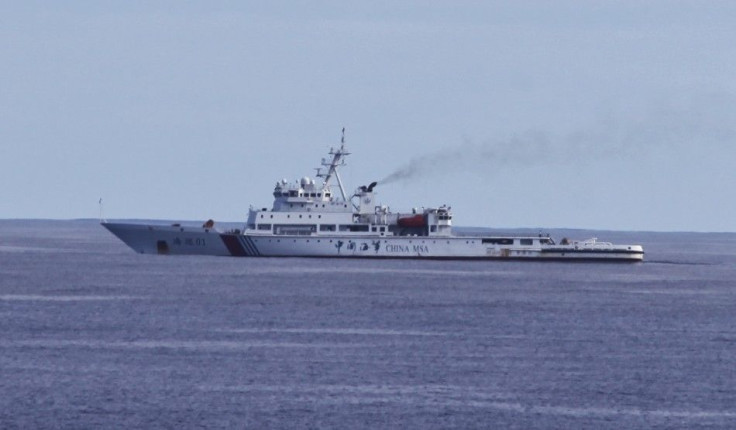China cuts 300,000 troops as sign of peace; Other countries still alarmed by South China Sea militarisation

China has shown the world its military power during its parade marking 70 years since the conclusion of World War II. President Xi Jinping, however, also announced that he will take out as many 300,000 troops from the nation's military personnel for the sake of peace and regional stability. Despite claims on maintaining world peace, other countries are seeing recent displays of militarisation as a source of dispute.
The nation's president stood before the crowd during the celebration, describing the move as a gesture of peace. “I announce that China will reduce military personnel numbers by 300,000,” the New York Times quoted Mr Xi. He further described the military as “loyally committed to its sacred duty of defending the security of the motherland and the peaceful life of the people, and loyally committed to the sacred duty of safeguarding world peace.”
Chinese media claimed that taking out 300,000 troops would reduce China's military force to two million. Furthermore, the nation's leader is adamant on emphasising military restructure amidst its economic problem. This may be in good light but tensions are still at large over South China Sea’s militarisation. Recently, China just completed construction of its archipelago of islands in the region, alarming nearby and concerned nations.
For one, Australia is in league with other nations opposing the said move. Australian Defence Minister Kevin Andrews said that such initiative is a form of intimidation and aggression. In line with this, the minister also emphasised the role of India in maintaining stability across the Indian Ocean region and overall peace across the globe.
"Territorial disputes continue to risk regional stability and create uncertainty. One issue that has attracted a lot of international attention in recent months is the South China Sea. Australia has a legitimate interest in the maintenance of peace and stability, respect for international law, unimpeded trade and freedom of navigation and overflight in the South China Sea," Andrews said (via Economic Times) during his lecture at Defence Ministry-run think tank IDSA.
Contact the writer at feedback@ibtimes.com.au, or let us know what you think below.





















